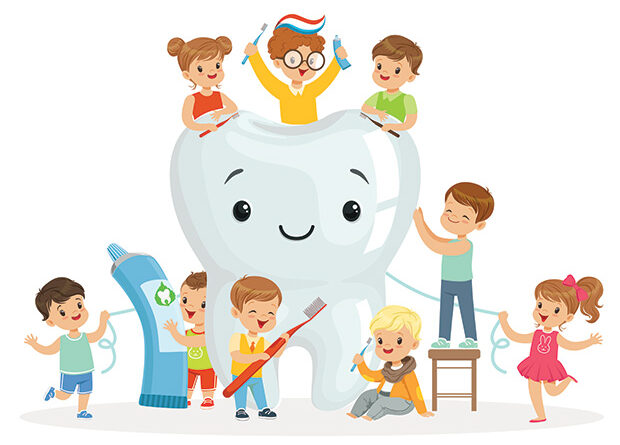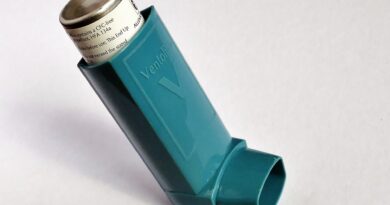Dental Hygiene For Kids – Your Journey Into Pediatric Dentistry Starts Here
Indeed, dental hygiene for kids is a critical aspect of pediatric dentistry. Establishing good oral hygiene habits from an early age is essential for ensuring children’s dental health and promoting a lifelong commitment to proper dental care. Here’s a comprehensive guide to dental hygiene for kids, beginning their journey into pediatric dentistry:
- Start Early:
- Begin oral care as soon as your child’s first tooth erupts. Use a soft, damp cloth or a toothbrush designed for infants to gently clean their gums and teeth.
- Use Fluoride Toothpaste:
- Once your child has their first tooth, switch to using a smear of fluoride toothpaste (about the size of a grain of rice) on the toothbrush. For children aged 3 to 6, use a pea-sized amount of fluoride toothpaste.
- Brush Twice a Day:
- Encourage your child to brush their teeth twice a day, ideally after breakfast and before bedtime. Ensure they brush for at least two minutes each time.
- Flossing:
- Start flossing your child’s teeth as soon as they have two teeth that touch each other. Flossing should be a part of their daily oral care routine.
- Supervise Brushing:
- Until your child develops the dexterity to brush effectively on their own (usually around age 6 or 7), supervise their brushing to ensure they clean all areas of their mouth.
- Healthy Diet:
- Encourage a balanced and healthy diet that is low in sugary snacks and drinks. Limit sugary and acidic foods, as they can contribute to tooth decay.
- Dental Visits:
- Schedule your child’s first dental visit by their first birthday or when their first tooth erupts. Regular dental check-ups every six months are crucial for monitoring dental development and addressing any concerns early on.
- Dental Sealants:
- Consider dental sealants to protect your child’s back molars from cavities. Sealants are thin coatings applied to the chewing surfaces of the teeth to prevent food and bacteria from getting trapped in the grooves.
- Fluoride Treatment:
- Your Matthews Pediatric Dentistry may recommend fluoride treatments to strengthen your child’s tooth enamel and make their teeth more resistant to decay.
- Positive Reinforcement:
- Make dental care a positive and fun experience for your child. Use praise and rewards to motivate them to take care of their teeth.
- Lead by Example:
- Be a role model for your child by demonstrating good oral hygiene habits yourself. Brush and floss together as a family to make it a fun and bonding experience.
- Address Dental Anxiety:
- If your child experiences dental anxiety, choose a pediatric dentist Matthews NCwho specializes in treating children and uses child-friendly techniques to create a comfortable environment.
By implementing these dental hygiene practices and seeking regular dental check-ups, you can lay a strong foundation for your child’s oral health and set them on a path to a lifetime of healthy smiles. Pediatric dentistry is focused on providing specialized care to children, ensuring their dental needs are met with patience, understanding, and gentle treatment.
Let’s delve deeper into some additional tips and strategies for maintaining excellent dental hygiene for kids:
- Dental Education at Home:
- Educate your child about the importance of oral hygiene and how it relates to their overall health. Explain the role of brushing, flossing, and eating a healthy diet in keeping their teeth strong and free from cavities.
- Use Fun Toothbrushes and Toothpaste:
- Let your child pick out a toothbrush with their favorite cartoon character or color. Choose toothpaste with appealing flavors designed for kids to make brushing more enjoyable.
- Make Brushing a Fun Activity:
- Turn brushing into a fun activity by playing their favorite song or setting a timer for two minutes, so they know how long to brush. Create a positive association with dental care.
- Set a Consistent Routine:
- Establish a consistent dental care routine, brushing in the morning and before bedtime. Consistency helps form good habits and reinforces the importance of regular oral care.




